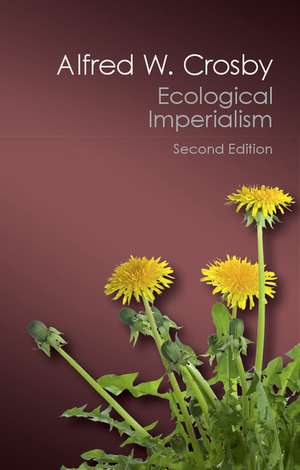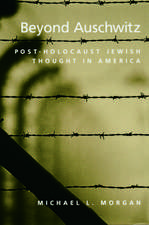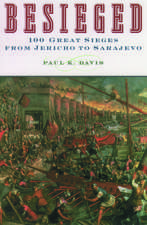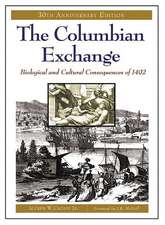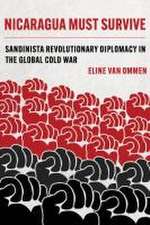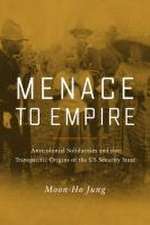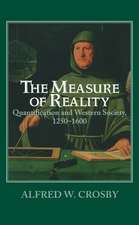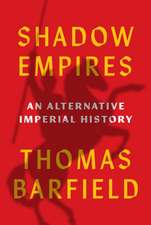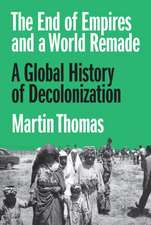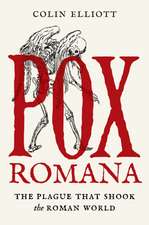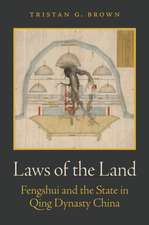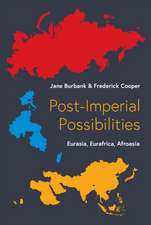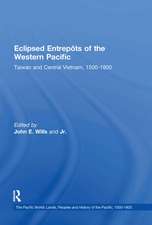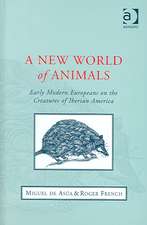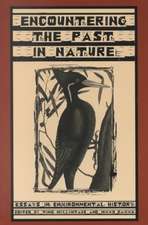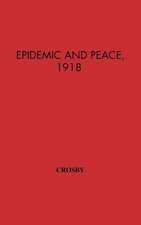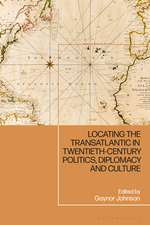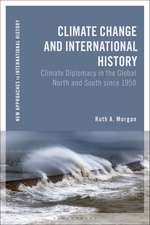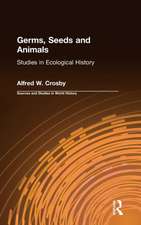Ecological Imperialism: The Biological Expansion of Europe, 900–1900: Canto Classics
Autor Alfred W. Crosbyen Limba Engleză Paperback – 5 oct 2015
| Toate formatele și edițiile | Preț | Express |
|---|---|---|
| Paperback (1) | 130.32 lei 3-5 săpt. | +28.32 lei 6-12 zile |
| Cambridge University Press – 5 oct 2015 | 130.32 lei 3-5 săpt. | +28.32 lei 6-12 zile |
| Hardback (1) | 755.87 lei 6-8 săpt. | |
| Cambridge University Press – 18 ian 2004 | 755.87 lei 6-8 săpt. |
Din seria Canto Classics
-
 Preț: 109.28 lei
Preț: 109.28 lei -
 Preț: 106.14 lei
Preț: 106.14 lei -
 Preț: 109.28 lei
Preț: 109.28 lei -
 Preț: 139.18 lei
Preț: 139.18 lei -
 Preț: 108.22 lei
Preț: 108.22 lei -
 Preț: 111.74 lei
Preț: 111.74 lei -
 Preț: 109.28 lei
Preț: 109.28 lei -
 Preț: 117.10 lei
Preț: 117.10 lei -
 Preț: 132.12 lei
Preț: 132.12 lei -
 Preț: 129.69 lei
Preț: 129.69 lei -
 Preț: 86.16 lei
Preț: 86.16 lei -
 Preț: 126.99 lei
Preț: 126.99 lei -
 Preț: 124.94 lei
Preț: 124.94 lei -
 Preț: 128.05 lei
Preț: 128.05 lei -
 Preț: 105.14 lei
Preț: 105.14 lei -
 Preț: 142.28 lei
Preț: 142.28 lei -
 Preț: 142.28 lei
Preț: 142.28 lei -
 Preț: 154.64 lei
Preț: 154.64 lei -
 Preț: 108.00 lei
Preț: 108.00 lei -
 Preț: 99.14 lei
Preț: 99.14 lei -
 Preț: 104.10 lei
Preț: 104.10 lei -
 Preț: 93.35 lei
Preț: 93.35 lei -
 Preț: 79.33 lei
Preț: 79.33 lei -
 Preț: 110.27 lei
Preț: 110.27 lei -
 Preț: 124.58 lei
Preț: 124.58 lei -
 Preț: 134.01 lei
Preț: 134.01 lei -
 Preț: 93.56 lei
Preț: 93.56 lei -
 Preț: 173.18 lei
Preț: 173.18 lei -
 Preț: 105.14 lei
Preț: 105.14 lei -
 Preț: 154.64 lei
Preț: 154.64 lei -
 Preț: 104.54 lei
Preț: 104.54 lei -
 Preț: 150.50 lei
Preț: 150.50 lei -
 Preț: 103.48 lei
Preț: 103.48 lei -
 Preț: 106.14 lei
Preț: 106.14 lei -
 Preț: 142.28 lei
Preț: 142.28 lei -
 Preț: 156.39 lei
Preț: 156.39 lei -
 Preț: 110.27 lei
Preț: 110.27 lei -
 Preț: 154.02 lei
Preț: 154.02 lei -
 Preț: 123.04 lei
Preț: 123.04 lei -
 Preț: 105.14 lei
Preț: 105.14 lei -
 Preț: 150.91 lei
Preț: 150.91 lei -
 Preț: 122.86 lei
Preț: 122.86 lei -
 Preț: 144.32 lei
Preț: 144.32 lei -
 Preț: 129.03 lei
Preț: 129.03 lei -
 Preț: 140.60 lei
Preț: 140.60 lei -
 Preț: 105.14 lei
Preț: 105.14 lei -
 Preț: 110.27 lei
Preț: 110.27 lei -
 Preț: 151.00 lei
Preț: 151.00 lei -
 Preț: 109.28 lei
Preț: 109.28 lei
Preț: 130.32 lei
Nou
24.94€ • 25.98$ • 20.65£
Carte disponibilă
Livrare economică 14-28 martie
Livrare express 27 februarie-05 martie pentru 38.31 lei
Specificații
ISBN-10: 1107569877
Pagini: 388
Ilustrații: 27 b/w illus.
Dimensiuni: 138 x 216 x 18 mm
Greutate: 0.57 kg
Ediția:Revizuită
Editura: Cambridge University Press
Colecția Cambridge University Press
Seria Canto Classics
Locul publicării:New York, United States
Cuprins
1. Prologue; 2. Pangaea revisited, the Neolithic reconsidered; 3. The Norse and the Crusaders; 4. The Fortunate Isles; 5. Winds; 6. Within reach, beyond grasp; 7. Weeds; 8. Animals; 9. Ills; 10. New Zealand; 11. Explanations; 12. Conclusion.
Recenzii
Review of previous edition: '[This] book is important, and required reading for politicians worldwide … Nuclear war may be spectacular and a valid focus for our exertions, but ecological insouciance is even more dangerous because it is unspectacular, and it merits efforts to combat it as strenuous and urgent.' The Guardian
Review of previous edition: 'The biological bases of radically changing historical ecosystems must never be forgotten - and Crosby has made them intelligible as well as memorable.' Natural History
Review of previous edition: 'Crosby argues his case with vigour, authority and panache, summoning up examples and illustrations that are often as startling in their character as in their implications. Ecological Imperialism could not ask for a more lucid and stylish exponent.' The Times Literary Supplement
Descriere
People of European descent form the bulk of the population in most of the temperate zones of the world - North America, Australia and New Zealand. The military successes of European imperialism are easy to explain; in many cases they were a matter of firearms against spears. But as Alfred W. Crosby maintains in this highly original and fascinating book, the Europeans' displacement and replacement of the native peoples in the temperate zones was more a matter of biology than of military conquest. European organisms had certain decisive advantages over their New World and Australian counterparts. The spread of European disease, flora and fauna went hand in hand with the growth of populations. Consequently, these imperialists became proprietors of the most important agricultural lands in the world. In the second edition, Crosby revisits his now classic work and again evaluates the global historical importance of European ecological expansion.
